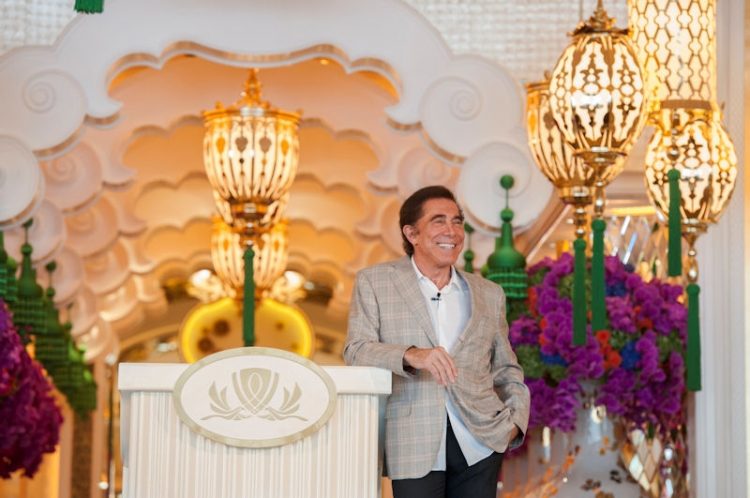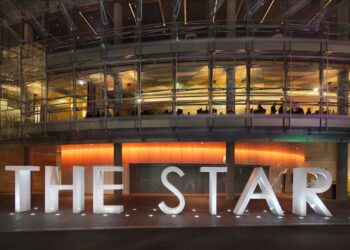Tokyo, Osaka and Yokohama are the three Japanese cities in which Wynn Resorts is looking to build an integrated resort, according to Chairman and CEO Steve Wynn.
In an interview with Nikkei Asian Review, Mr Wynn reiterated his company’s desire to win a Japan casino license should the IR Implementation Bill pass through parliament in the coming months, but added Wynn Resorts could only justify such an investment if the terms and size of the market were suitable.
“We build destination resorts,” he said. “We employ thousands of [people]. To do what we do, we have to make very big investments. All of these factors together mean that the only place we can go with our program is to great cities with a great culture.
“So the size and the richness of the Japanese market [make it] the perfect [place] in which we can plant our flower. Our flower is not suited to every place. We have a complete dedication to quality.
“In order to recruit staff, train staff, have access to supplies that are associated with resorts of the highest quality, you must be in a city, in a country that can support such a place.
“Tokyo, Osaka, Yokohama are such places.”
However, Mr Wynn also warned against over-regulation of Japan’s casino industry amid fears that the framework governing operations could become so restrictive as to render such large investments unfeasible.
Floor space limitations, entry levies and bans on some locals are among the many measures to have been discussed as the Japanese government looks to quell public concerns over problem gambling.
“Rules and regulations make the difference between success and failure,” Mr Wynn said. “The government is always a partner in this business. In designing the regulations and the law, the government can make it possible for great success in the building … or they can make it difficult.
“Regulations, tax rates and such things affecting [construction], the location of the building and the operation of the business all have profound impact on the result.
“The good news is that this subject has been widely explored, and there are numerous examples of the right and wrong way to do it. It’s not a mystery. And in the United States and in Asia, the government of Japan can see every possible arrangement of the laws and regulations and how they work.”
Mr Wynn said it was important for the government to allow for a sizeable investment in any Japanese integrated resorts to ensure they can stand out from the crowd.
“For me, the hotel, the resort, is the show,” he said. “The casino room is a passive, not dynamic part, because every casino table in the world is exactly the same. They have no power. Every slot machine looks the same. A baccarat table is a table with green fabric. It’s nothing.
“People come for the non-casino [amenities]. And then, if they want to gamble, they go in the room. But if not, they pay for the restaurant, they pay for the stores and the rooms. That’s the business I’m in. The non-casino is the cause of the casino.
“That’s what you have to do in Japan – make people come to Tokyo, come to Yokohama, come to Osaka for vacation, for conventions, for fun. Some will come to gamble. So what? They can do that anyplace. They can go to Korea, to China. They can go to the Philippines.
“They don’t have to go to Japan to gamble. But if you build beautiful resort, they’ll come to Japan for the resort. And then, if they want to gamble, they’ll gamble in Japan. That’s the message from me.”



































